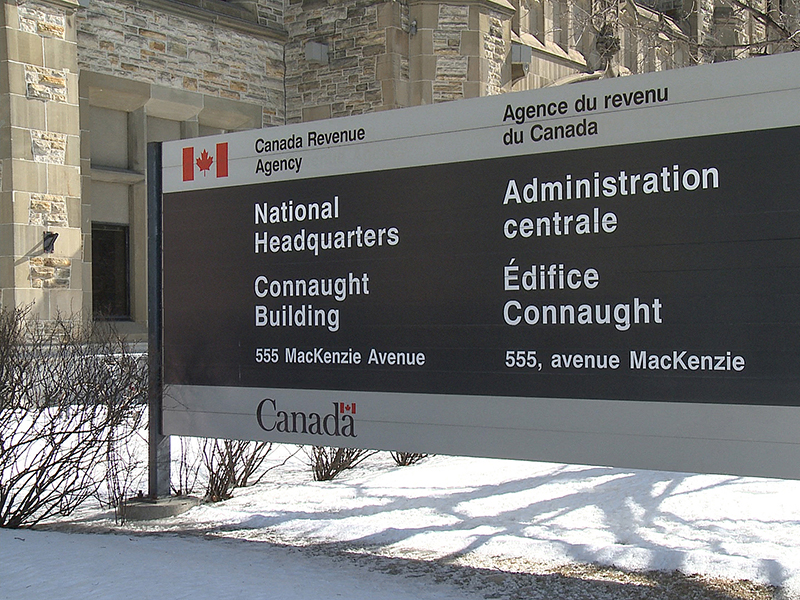
The Canada Revenue Agency (CRA) is ramping up efforts to recover overpayments of pandemic-related benefits.
Starting in July, the agency said on Thursday that it will begin issuing legal warnings and could start to take steps to recover overpayments of all Covid-19 programs such as the Canada Emergency Response Benefit (CERB), the Canada Recovery Benefit (CRB) and the Canada Worker Lockdown Benefit.
Actions may include taking payments from wages or bank accounts.
The agency said it will be taking legal action only against those who have not responded or cooperated and who have been determined to have the financial capacity to pay.
“Our primary goal is to encourage individuals to contact us so we can work together to find the best way to resolve their debt, ensuring a fair and manageable process for everyone,” spokeswoman Sylvie Branch said in an email.
The agency said it remains committed to supporting Canadians who are not able to repay their debt and encouraged those individuals to contact them to figure out a plan.
The rollout of the pandemic relief payments saw more than $200 billion doled out to individuals and businesses on a pay-now-ask-questions-later basis.
The CRA has since decided many people were ineligible for the payments and has been working to get the money back.
It said it’s still trying to get about $9.53 million paid back from individuals including $5.41 billion from CERB, $2.67 billion from CRB and $1.25 billion from the Canada Recovery Caregiving Benefit.
The agency began efforts in May 2022 to recover payments deemed ineligible by sending out letters encouraging voluntary payments.
Last year, it sent out collection letters and made efforts to reach people by phone. It also started using a process it calls “offsetting,” which means that it automatically uses money from tax refunds and some benefits to settle a person’s debt with the government.
The government’s efforts to recover funds has led to more than 1,000 battles Federal Court between claimants and the CRA as people contest the charges.
The bulk of pandemic handouts deemed unwarranted did, however, go to businesses, not individuals.